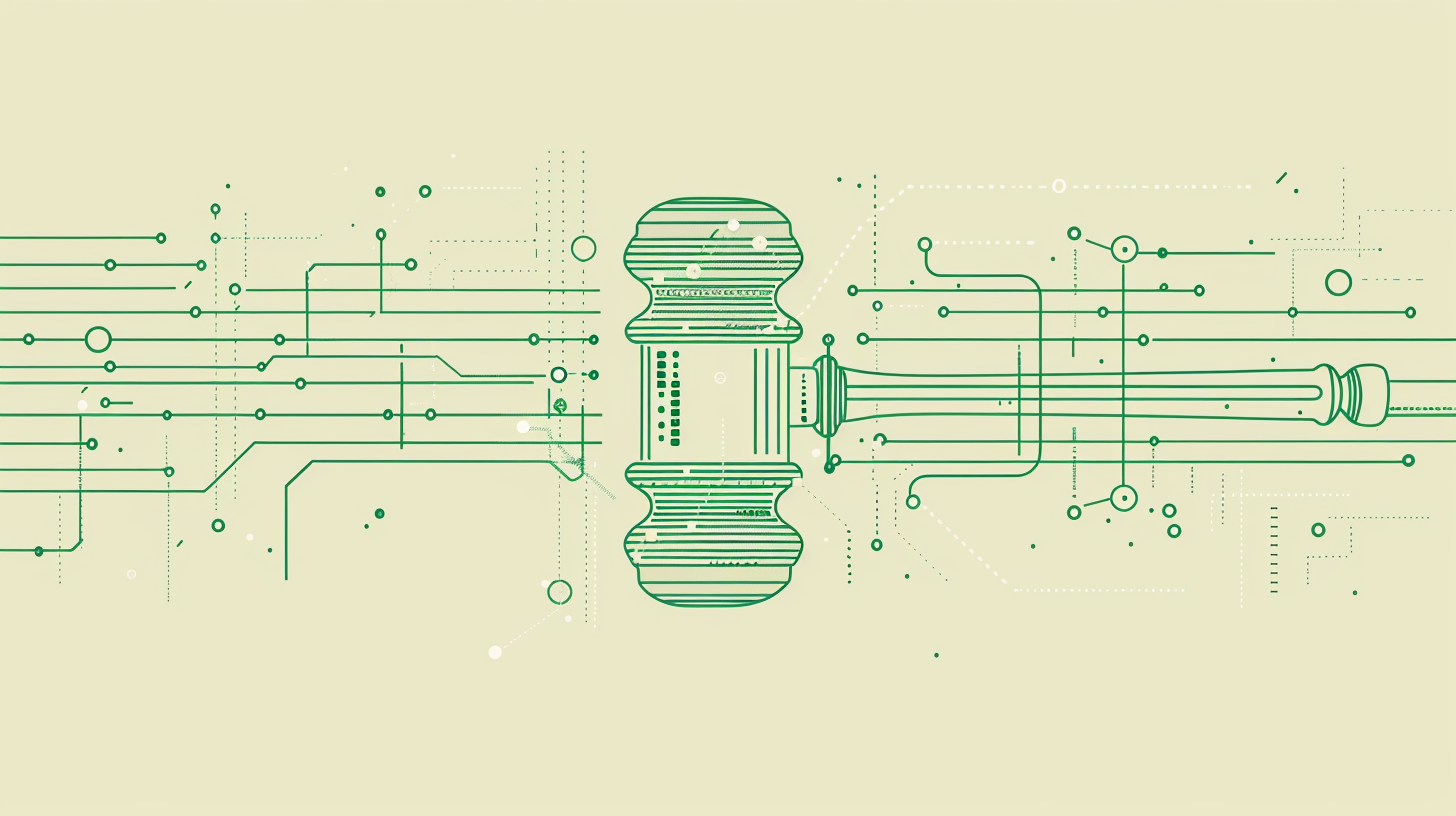US Department of Justice appoints first Chief AI Officer

U.S. Attorney General Merrick B. Garland has appointed Jonathan Mayer as the Department of Justice's first Chief Science and Technology Advisor and Chief Artificial Intelligence (AI) Officer.
Mayer will advise the Department and its leadership on complex technical issues, including cybersecurity, artificial intelligence, and other emerging technologies. He will also develop the Department's technology capabilities and advise on the hiring of technical staff.
"The Justice Department must keep pace with rapidly evolving scientific and technological developments in order to fulfill our mission to uphold the rule of law, keep our country safe, and protect civil rights," said U.S. Attorney General Garland.
Mayer will work in the Justice Department's Office of Legal Policy, which is building a team of technical and policy experts in technology-related fields. As Chief AI Officer, Mayer will also lead the newly formed Emerging Technology Board, which is responsible for coordinating and guiding AI and other emerging technologies at the Department.
The Office of Legal Policy develops and implements Department of Justice policy initiatives, handles special projects that affect the interests of multiple departments, and serves as the principal policy advisor to the Attorney General and Deputy Attorney General.
Jonathan Mayer is an Assistant Professor at Princeton University in the Departments of Computer Science and Public and International Affairs. His research focuses on the intersection of technology, policy, and law, particularly in the areas of law enforcement, national security, and consumer protection. He holds a Ph.D. in computer science from Stanford University and a J.D. from Stanford Law School.
AI arrives in the justice system
AI is increasingly being used in the legal industry to streamline workflows and improve efficiency. For example, the tool Wisebot AI can process thousands of complex legal documents such as contracts and legal agreements, saving lawyers time and reducing potential errors. It can also help make the law more accessible by providing quick answers to specific legal questions in easy-to-understand language.
However, there are concerns about the use of AI in legal contexts. U.S. Chief Justice John Roberts acknowledges AI's potential to improve access to legal information, but also warns of potential risks such as privacy violations and the dehumanization of law. He says human judges and legal experts are needed to navigate the nuances and complexities of legal decisions.
Some experts worry that using AI in the legal system could perpetuate old prejudices and create new ones. They argue that legal disputes could be analyzed based on historical data rather than in the current context.
There have also been cases where AI tools for legal research have generated false information and case citations, leading to penalties for the professionals who used them.
China has developed an AI system that can help assess crimes and automatically file charges. Known as the "AI prosecutor," the system is said to be able to generate an appropriate indictment based on a verbal description of a crime with an accuracy rate of more than 97 percent.
AI News Without the Hype – Curated by Humans
As a THE DECODER subscriber, you get ad-free reading, our weekly AI newsletter, the exclusive "AI Radar" Frontier Report 6× per year, access to comments, and our complete archive.
Subscribe nowAI news without the hype
Curated by humans.
- Over 20 percent launch discount.
- Read without distractions – no Google ads.
- Access to comments and community discussions.
- Weekly AI newsletter.
- 6 times a year: “AI Radar” – deep dives on key AI topics.
- Up to 25 % off on KI Pro online events.
- Access to our full ten-year archive.
- Get the latest AI news from The Decoder.